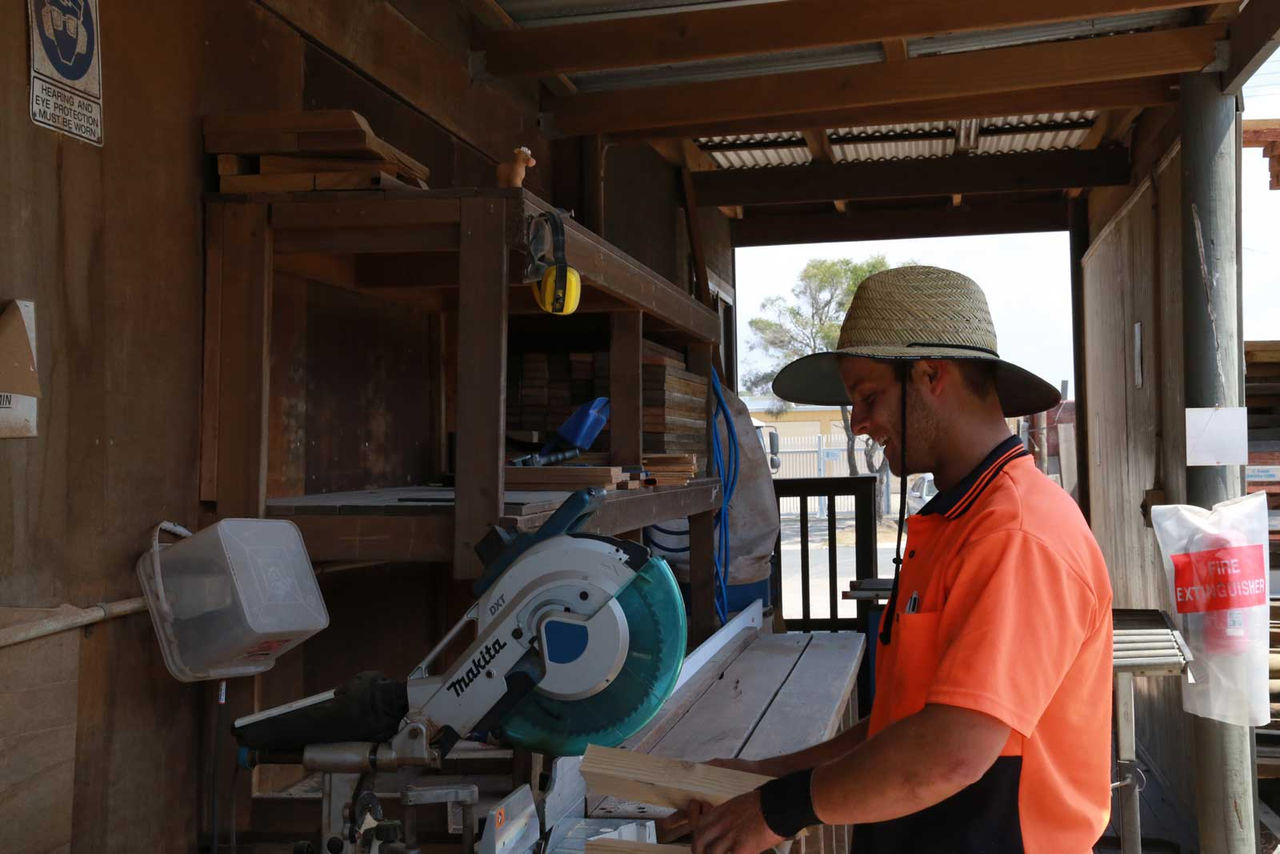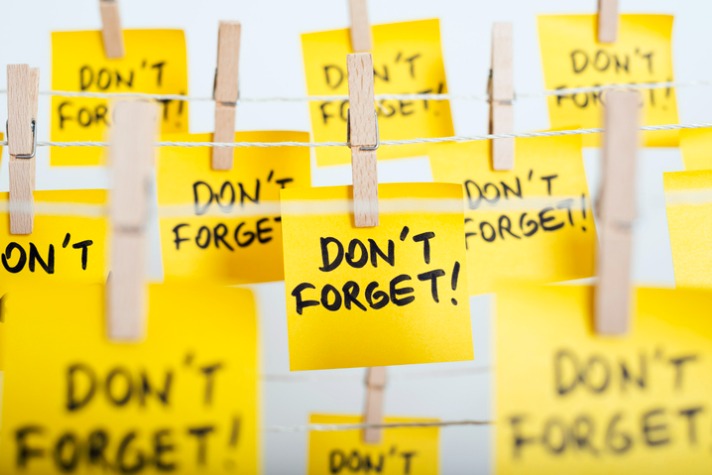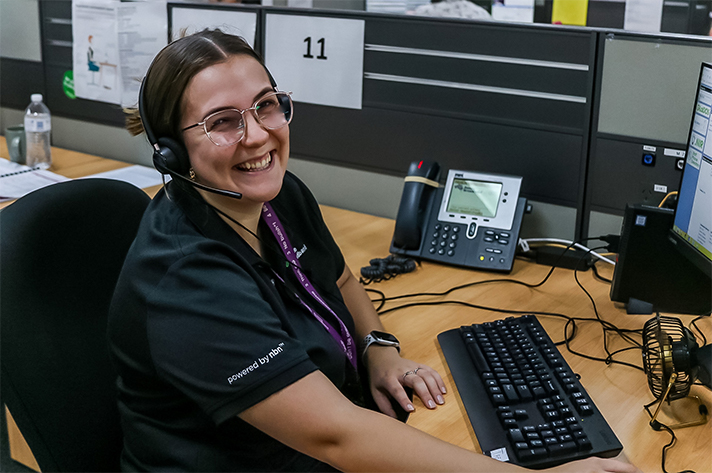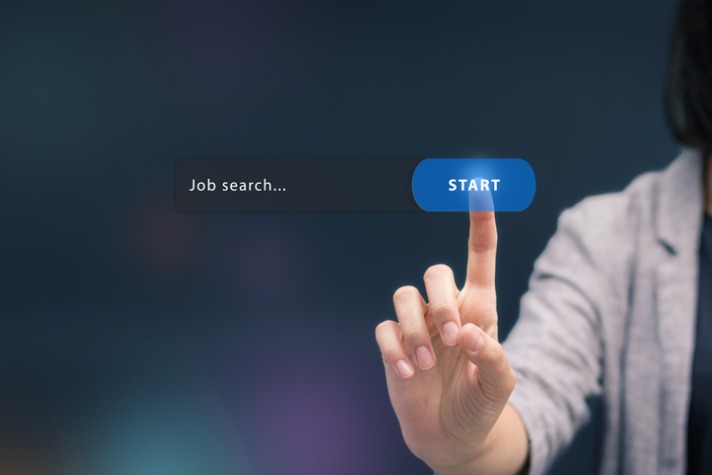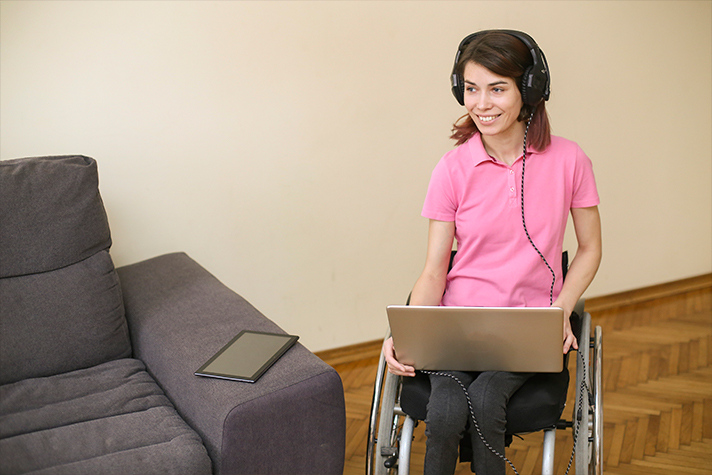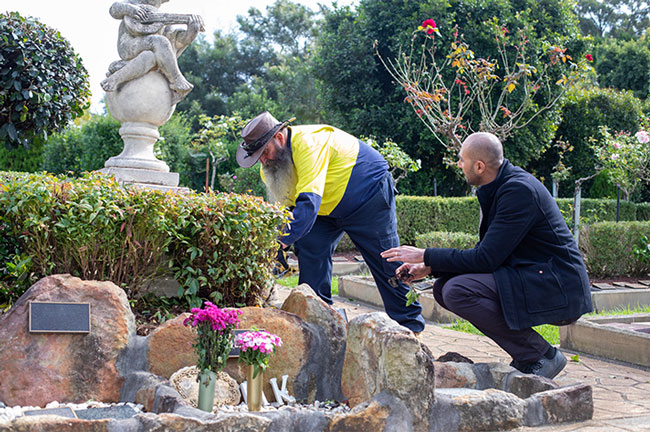The ‘winter blues’ are a real thing
Published by MAXSolutions on August 09, 2022

With three more weeks of winter yet to come, many Australians are lamenting the protracted cold weather period, impatient to return to the outdoor lifestyle that balmy spring days bring. But, for a specific group of people, feeling ‘blue’ through winter is not just a dreary inconvenience – it can be something more.
The appropriately named seasonal affective disorder (SAD) is a type of depression that can be triggered by seasonal change – and, for most people who’ll experience the condition, it occurs at the start of the colder months and can run right through the winter (1).
Australians affected by SAD can experience a lack of energy and feelings of hopelessness; loss of appetite and sleep; extreme lack of motivation; weight gain due to increased cravings for carbohydrates; and an increase in other mental health issues (1).
More research needs to be done into the cause of the condition, but medical professionals think it may be related to the shorter daylight hours between May and September (1).
Sunlight affects our hormones, but some people are more susceptible to changes than others. Lack of sunlight can mean our bodies produce less melatonin, the hormone that tells your body it’s time for sleep. Less sun could also mean less serotonin, a hormone that affects mood, appetite, and sleep.
Susan McKee, National EAP Manager for MAX, said if people feel like they may need additional help throughout winter, there’s a few steps that can be taken.
“First things first, I’d say to get into to see your trusted GP or health care professional – particularly if you’re finding you’re feeling the same way each year,” Ms. McKee said.
“I’d strongly suggest people to get outside more – I know this time of year can be a bit cold to spend any decent amount of time outside, especially for those in the southern states; but, even if you have to rug up and have a stroll in your lunchbreak, make the effort to get out and about!
“I’d also encourage people to forgo the alcohol as much as possible at the moment – excess alcohol can disturb your sleep and affect your mood.
“There are lots of relaxation exercises you can try – guided meditation, yoga, or try some breathing exercises.”
Working remotely and SAD
With the isolating effects of the pandemic lockdowns now largely a thing of the past, people are beginning to once again socialise and work as they used to. One new ‘normal’ in the post-pandemic world, however, is an increased amount of people who undertake hybrid work – roles that allow them to balance working from the office and from home each week.
The nature of this work means that, in some cases, professionals can slowly start experience feelings of isolation.
Indeed, a recent study (3) found that that two-and-a-half days per week was the ideal amount to work from home. Any more hours, the study concluded, increased the likelihood of workers feeling lonely over a protracted period.
In addition, it was found that 73% of workers think employers should do more to address loneliness among staff who are working remotely.
“Prior to pandemic lockdowns, the office space was seen as a hub of community and socialisation by many – not purely just a place of work,” said Ms. Mckee.
“In these post-pandemic days, employers have a responsibility to ensure that staff working from home still feel that connection to one another, as well as the business as a whole – and that can lead to some really creative options.
“Some examples that have been proven to work well include virtual social get-togethers after work; cooking classes and other group activities via Zoom; streamed yoga classes; and birthday deliveries to an employee’s home.”
“I’d encourage every employer that has staff working from home to start to implement initiatives like these to improve the mental wellbeing of their staff.”
More resources:
1. Seasonal affective disorder (SAD) | healthdirect
2. https://www.ncbi.nlm.nih.gov/pmc/articles/PMC2290997/
3. The Loneliness of the Hybrid Worker
Share
Tags
Found this useful?
Help and advice
Our blogs are about helping people seek the information that they need for their steps in the workforce.


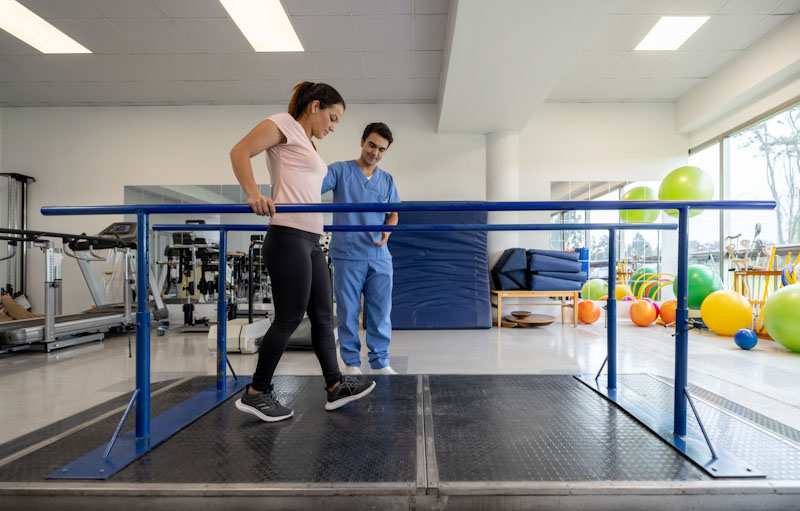
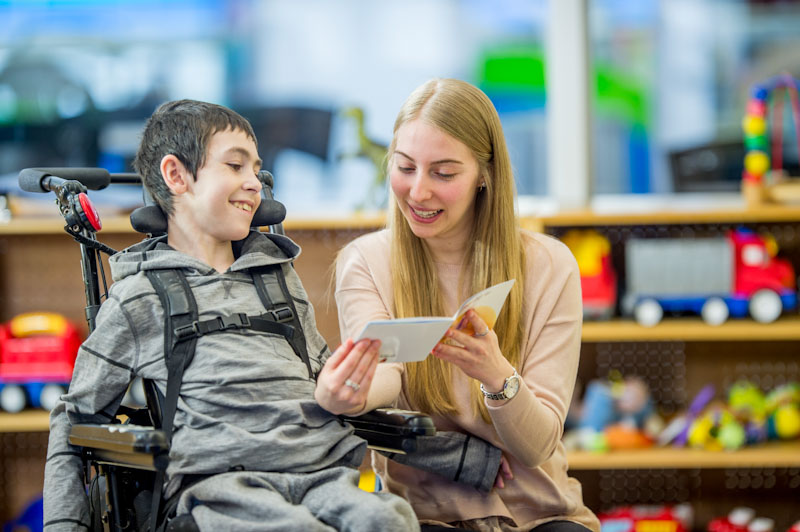
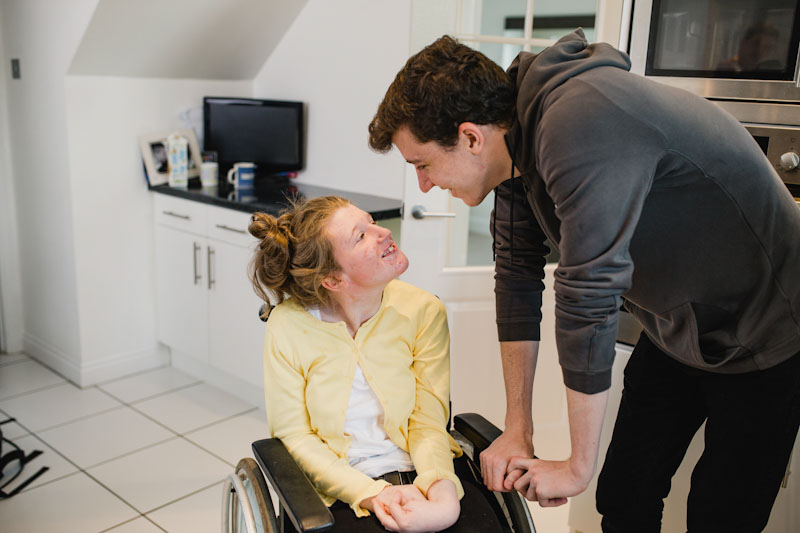

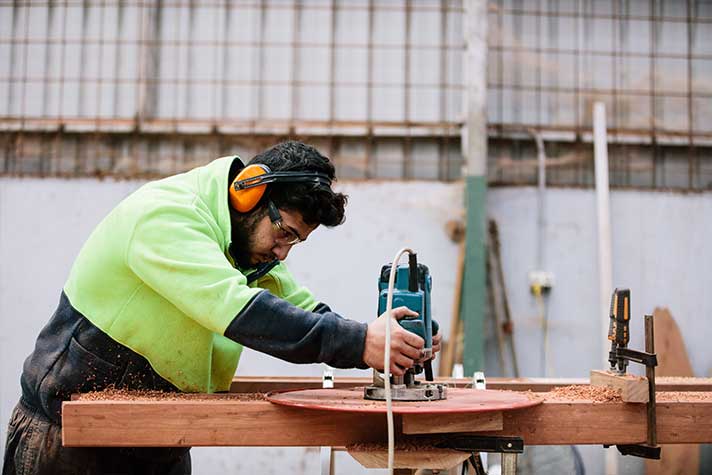


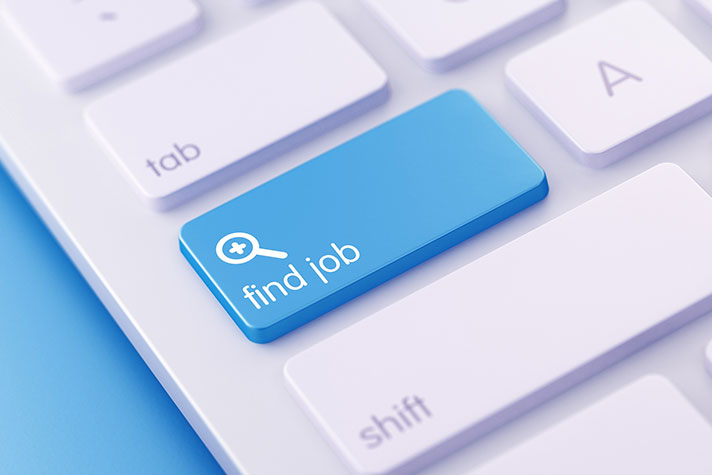




_1.jpg)




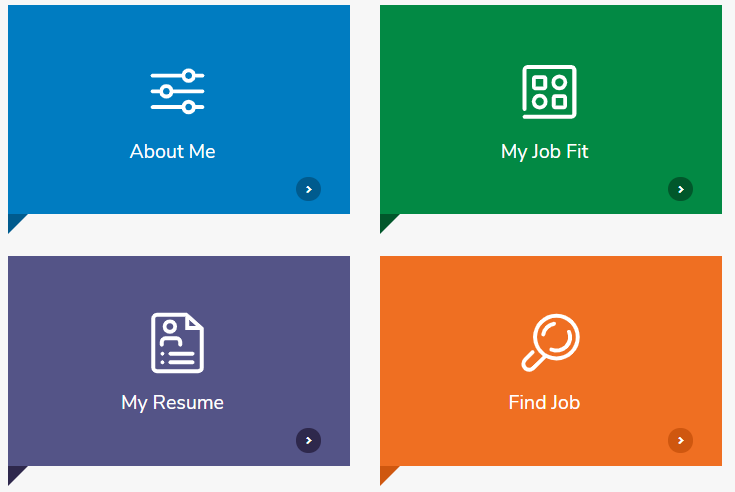

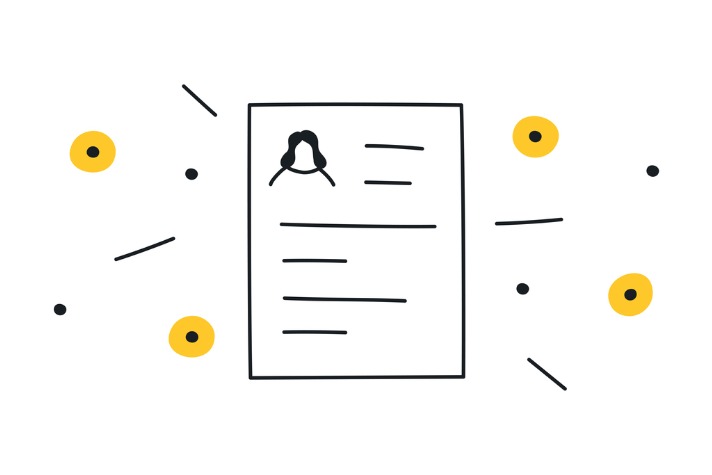

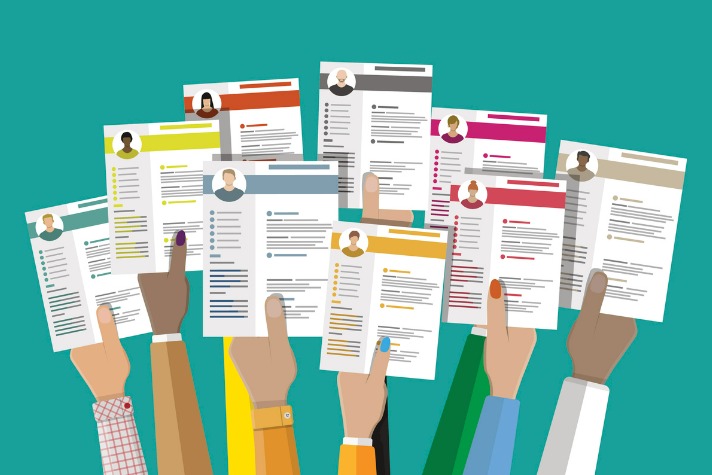








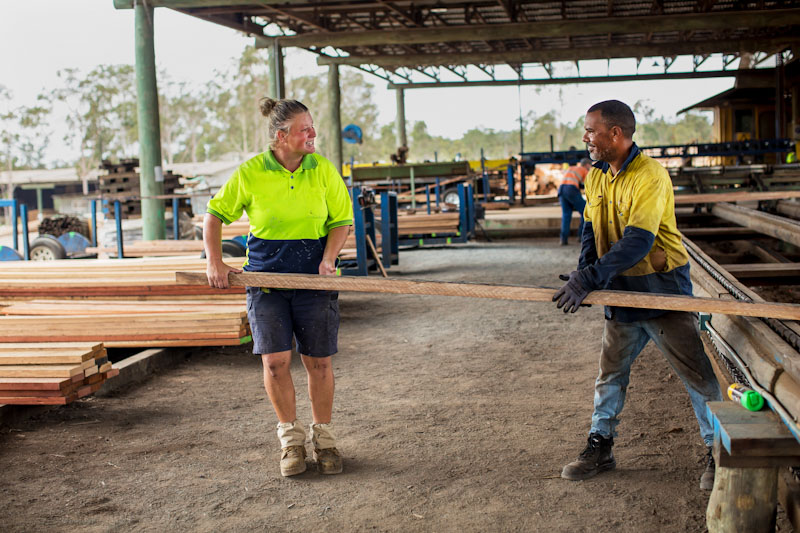




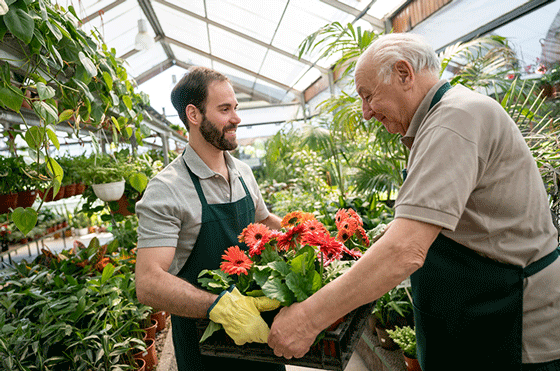






.jpeg)
